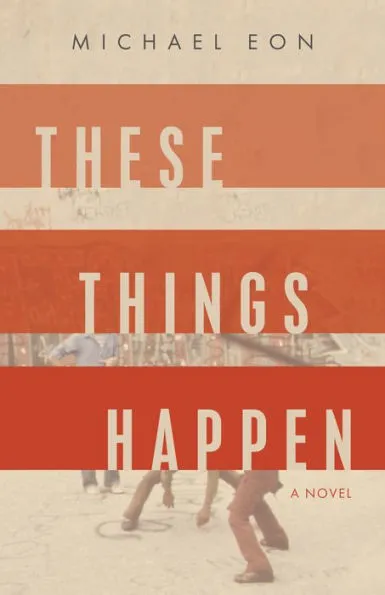
“I would not be where I am today had it not been for who I was before.” How Alcoholics Anonymous saved my life and inspired my debut novel
Just over 20 years ago, I walked into the Chairman’s office, told him I was an alcoholic, and resigned as CEO of the Nasdaq-listed company I’d been running for ten years. I never drank during or before work, but I was a drunk. I’d been obsessed with mind-altering substances for as long as I could remember. The first of anything always led to the insatiable consumption of more. Although alcohol had never been my first choice, I always knew I’d have it. One by one, drug after drug took its inevitable toll on me, yet I always somehow was able to summon the willpower to end the deadly affair. Maybe that was because I was only trading one addiction for another, or maybe it was because I’d convinced myself that worst case, I’d always have alcohol. No matter the reason, alcohol became the exception to this rule. With all the power I could muster, I could not stop. There I stood, as surprised to hear my admission out loud as my boss, in a state of utter helplessness and hopelessness.
Within a matter of hours, I was sitting in an Alcoholics Anonymous meeting. Again, I made my admission out loud when I identified myself to the other members. No problem there, or admitting that I was powerless over alcohol. I quickly identified with the speaker who spoke about the despair that comes from not being able to live with it, or without it. “A horrid place to be,” he said. But then came the God-speak, and within minutes of sitting in that stuffy, overcrowded church basement, my mind had convinced me that I was actually not that bad; certainly not as bad as these people. You didn’t need their help. Help was for losers, it reminded me. You, my friend, could do it on your own. Rescued, I was. And relieved.
These are the lies the addicted mind tells, weaving its web of denial and delusion. The reality is that my mind . . . that mind . . . didn’t care about me. It would rather me dead than know the truth about myself. Sheer, unadulterated arrogance. Protector, indeed: protector of my addiction. Ensuring that I would obsess about the drink and then guaranteeing that I would not stop once I started. A cycle of compulsion and craving that ruled my life, all in the name of escape.
My life after that day in the Chairman’s office was driven by a precarious sobriety and geographic “cure” that eventually led to a relapse. The progression of my return to active addiction was so swift and suicidal, it startled even me. I was trapped once again, a prisoner of the cycle, returned to that same level of despair. Another rock bottom. A deeper one. Fully aware that I could not beat this thing on my own, I was left with two options: drink myself to death or seek help, this time in earnest. Since I would not do the former out of love for my wife and children, that anonymous help could be my only alternative.
I can’t tell you how exactly I was able to walk myself back into an AA meeting, except to say that it was not of my own power. I remember sitting in that chair, filled with disgust and bitterness, but leaving with a shred of hope. That morsel was enough to bring me to another meeting, and then another. Within days, the obsession to drink had lifted and I was left with a mild feeling of euphoria that swelled over the following months, only to slowly dissipate over the following two years. No, I wasn’t drinking. Yes, I was still going to daily meetings. But neither was enough to assuage the rage, intolerance, and antipathy I’d felt for certain people— feelings I’d contended with for most of my life. I was stark raving sober and wreaking more havoc in sobriety, with untreated alcoholism, than I’d ever done in active addiction. I had hit an emotional rock bottom.